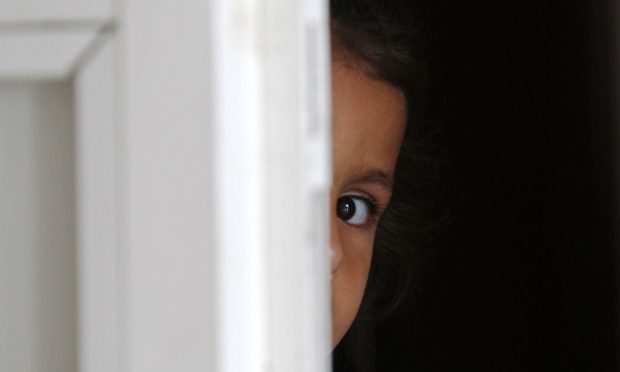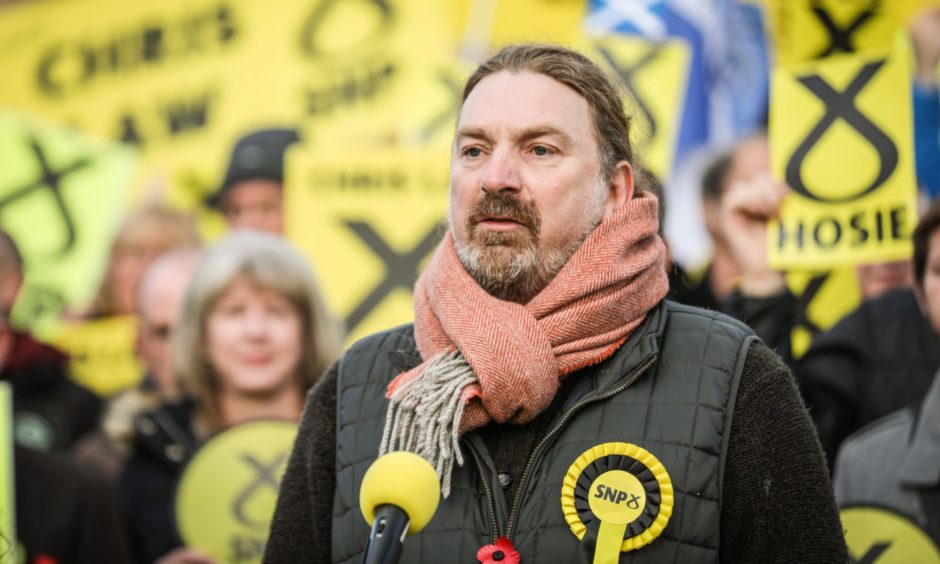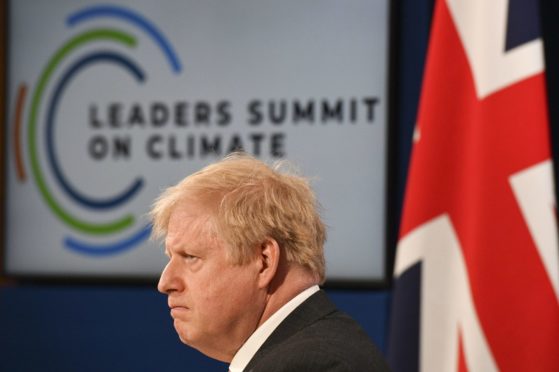Massive cuts to international aid budgets will hamper global Covid recovery and further damage the UK’s role on the world stage, the SNP spokesperson on international development has said.
Writing for us, Dundee West MP Chris Law warned the funding “U-turn” would see billions wiped from schemes designed to help developing countries, harming women and young girls in particular.
His comments come following the news the UK Government is to slash its contributions to the UN sexual and reproductive health agency by 85%.
The United Nations Population Fund (UNFPA) said the government’s expected contribution to its flagship programme for family planning this year will fall from £154 million to £23 million.
Details of the cut emerged as the government came under sustained criticism for shelving its manifesto commitment to spend 0.7% of national income on overseas aid, reducing spending to 0.5% amid the coronavirus crisis.
Cuts will ‘devastate women and young girls’
The UNFPA said this is a “retreat from agreed commitments made to the programme” last year and that funds would have been used to prevent tens of thousands of maternal and child deaths, millions of unintended pregnancies and millions of unsafe abortions.
The organisation said that, in addition, £12 million is to be cut from the UNFPA’s “core operating funds” and that several country-level agreements are also likely to be affected.
The cut in funding to UNFPA is the latest to emerge, with a leaked memo also showing the UK will slash bilateral funding for overseas water, sanitation and hygiene projects by more than 80%.
UNFPA executive director Dr Natalia Kanem said the decision by a “longstanding partner and advocate” is one it “deeply regrets”.
“These cuts will be devastating for women and girls and their families across the world,” she said.
“With the now-withdrawn £130 million (180 million US dollars), the UNFPA Supplies Partnership would have helped prevent around 250,000 maternal and child deaths, 14.6 million unintended pregnancies and 4.3 million unsafe abortions.
“UNFPA recognises the challenging situation facing many donor governments, yet deeply regrets the decision of our longstanding partner and advocate to step away from its commitments at a time when inequalities are deepening and international solidarity is needed more than ever.
“The truth is that when funding stops, women and girls suffer, especially the poor, those living in remote, underserved communities, and those living through humanitarian crises.”
‘Regressive decision’
Mr Law said: “This year should have been about re-establishing the UK as a global player, committed to climate change, poverty eradication, tackling disease and conflict.
“Hosting the G7 summit for the first time since 2013, the year that the UK first hit the 0.7% target, should have been an opportunity to reaffirm this commitment and lead those who have yet to achieve it.
“Yet the regressive decision will have devastating consequences. What these cuts really mean is 5.6 million fewer children a year being immunised and resulting in 105,000 lives a year being lost, almost one million fewer children a year being supported to gain a decent education and 7.6 million fewer women and girls a year being provided with modern methods of family planning.
“This flies in the face of commitments already made by this government.”
Public will ‘understand’
Prime Minister Boris Johnson said the public “will understand” the cuts to overseas aid due to the pressures of the pandemic.
He said: “We’re still spending £10 billion per year on overseas aid, that is a huge amount.
“We are still one of the biggest donors in the world and I think people in this country should be very proud of that.
“But I also think that they will understand, and I know that other countries around the world understand, the particular pressures of the pandemic that mean we have to economise in that way.
“You ask me if we will go back to 0.7% – the government has always been clear that we will when it is fiscally prudent to do so, when we have the headroom to do so.”


